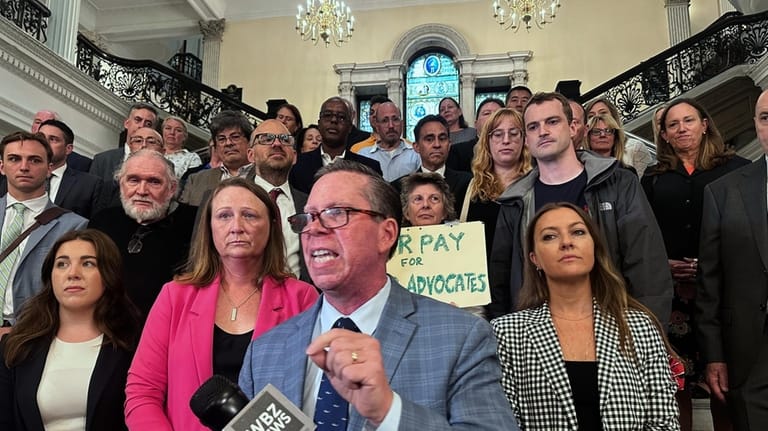Massachusetts lawmakers have taken a pivotal step towards resolving an escalating legal crisis, passing a funding bill that significantly boosts pay for public defenders. This legislative action aims to alleviate the severe backlog of cases and ensure timely legal representation for indigent clients across the state, a challenge that has profoundly impacted the judicial system.
The newly approved $259 million supplemental budget allocates a substantial $40 million to expand the state Committee for Public Counsel Services. This funding is projected to double the number of attorneys and facilitate the hiring of an additional 320 public defenders by the end of fiscal year 2027. Crucially, the bill also authorizes a 30% increase in the hourly rate for private attorneys who serve as public defenders, raising their pay by $20 an hour over two years.
Despite this significant legislative move, the agreement has faced criticism from a substantial segment of private attorneys. These legal professionals, who currently manage a majority of cases for low-income defendants, voiced concerns just hours before the vote, arguing that the proposed pay raise is insufficient to end the work stoppage initiated by public defenders in May. This skepticism raises doubts about the bill’s immediate efficacy in fully resolving the ongoing legal dispute.
The widespread funding dispute, mirrored in several states nationwide, has had dire consequences for the Massachusetts legal system. Over 100 cases, including those involving serious offenses such as domestic abuse and assault on a police officer, have been dismissed due to a lack of legal counsel. Furthermore, more than 60 defendants have been released from jail, and an alarming 3,000 individuals have been left without proper legal representation, highlighting the profound systemic challenges.
The impact of the work stoppage became acutely evident in Boston courtrooms last week, where case after case was dropped under the “Lavallee protocol.” This protocol mandates that cases must be dismissed if a defendant has not had an attorney for 45 days, and defendants must be released from custody if they have been without representation for seven days, placing immense pressure on judges and court staff.
The delicate balance between public safety and protocol requirements was vividly demonstrated in a Lowell courtroom. Judge John Coffey, confronted with more than a dozen defendants awaiting release, meticulously weighed each case. While he opted to keep some serious alleged offenders incarcerated, including an individual accused of severely injuring a police officer, he was compelled to release at least three suspects, illustrating the complex dilemmas judges face.
Among those released was Edith Otero, a 52-year-old Boston resident jailed for a probation violation, who expressed profound relief and gratitude. Having endured nearly a month in jail without legal representation and grappling with various health issues, her release underscored the deeply personal toll of the legal crisis on individuals caught in the system’s shortcomings.
The passage of this funding bill represents a critical juncture in Massachusetts’s effort to address the crisis in its indigent defense system. While hailed as significant progress by some, the lingering concerns of private attorneys suggest that the path to full resolution and ensuring equitable access to justice for all citizens may still be fraught with challenges, necessitating continued vigilance and potential further action.






Leave a Reply